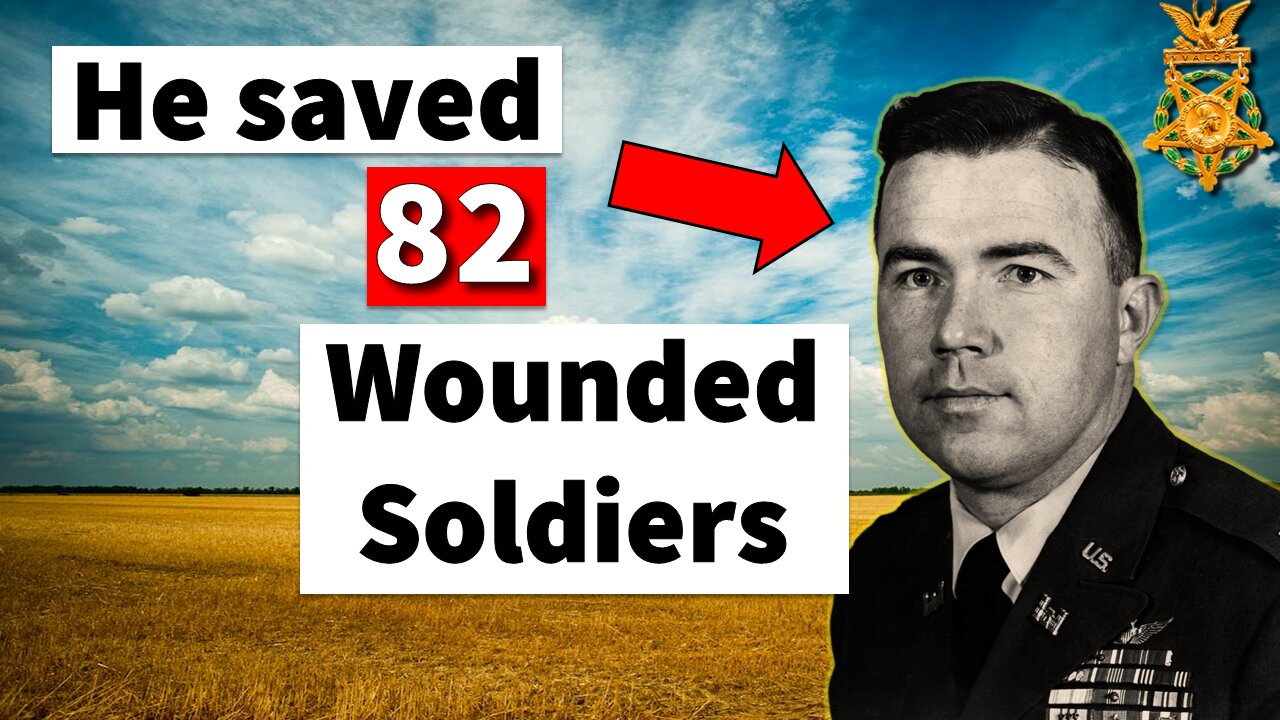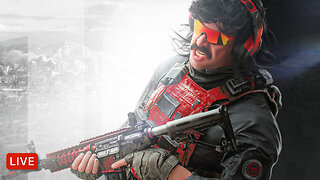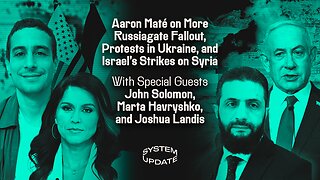Premium Only Content

The pilot that saved 82 soldiers: an Angel Above | Medal of Honor recipient Bruce Crandall
November 1965 the Vietnam war was ramping up. America was about to have the first major confrontation with the People's Army of Vietnam. One Pilot would go above and beyond the call of duty, an angel above.
The Medal of Honor story of Bruce Crandall barely scratches the story of this mans incredible life. I highly recommend further reading on his legacy, some links below.
Thank you Karl Casey @WhiteBatAudio for music:
Track ID - Law Abiding Citizen
Chapters:
00:00 Intro
00:29 An Angel Above Us
00:47 Early Life
01:06 To Vietnam and Battle of Ia Drang
02:36 Operation Masher
03:10 After Vietnam
03:35 Outro - Like and Subscribe
Further Reading:
Battle of Ia Drang - https://dpaa-mil.sites.crmforce.mil/dpaaFamWebInIaDrang
We were soldiers once - https://www.amazon.com/We-Were-Soldiers-Once-Young/dp/0345472640
Crandall's MoH citation:
On February 26, 2007, Crandall was awarded the Medal of Honor by President George Bush for his actions at the Battle of la Drang.
For conspicuous gallantry and intrepidity at the risk of his life above and beyond the call of duty: Major Bruce P. Crandall distinguished himself by extraordinary heroism as a Flight Commander in the Republic of Vietnam, while serving with Company A, 229th Assault Helicopter Battalion, 1st Cavalry Division (Airmobile). On 14 November 1965, his flight of sixteen helicopters was lifting troops for a search and destroy mission from Plei Me, Vietnam, to Landing Zone X-Ray in the Ia Drang Valley. On the fourth troop lift, the airlift began to take enemy fire, and by the time the aircraft had refueled and returned for the next troop lift, the enemy had Landing Zone X-Ray targeted. As Major Crandall and the first eight helicopters landed to discharge troops on his fifth troop lift, his unarmed helicopter came under such intense enemy fire that the ground commander ordered the second flight of eight aircraft to abort their mission. As Major Crandall flew back to Plei Me, his base of operations, he determined that the ground commander of the besieged infantry battalion desperately needed more ammunition. Major Crandall then decided to adjust his base of operations to Artillery Firebase Falcon in order to shorten the flight distance to deliver ammunition and evacuate wounded soldiers. While medical evacuation was not his mission, he immediately sought volunteers and with complete disregard for his own personal safety, led the two aircraft to Landing Zone X-Ray. Despite the fact that the landing zone was still under relentless enemy fire, Major Crandall landed and proceeded to supervise the loading of seriously wounded soldiers aboard his aircraft. Major Crandall's voluntary decision to land under the most extreme fire instilled in the other pilots the will and spirit to continue to land their own aircraft, and in the ground forces the realization that they would be resupplied and that friendly wounded would be promptly evacuated. This greatly enhanced morale and the will to fight at a critical time. After his first medical evacuation, Major Crandall continued to fly into and out of the landing zone throughout the day and into the evening. That day he completed a total of 22 flights, most under intense enemy fire, retiring from the battlefield only after all possible service had been rendered to the Infantry battalion. His actions provided critical resupply of ammunition and evacuation of the wounded. Major Crandall's daring acts of bravery and courage in the face of an overwhelming and determined enemy are in keeping with the highest traditions of the military service and reflect great credit upon himself, his unit, and the United States Army.
-
 LIVE
LIVE
Dr Disrespect
9 hours ago🔴LIVE - DR DISRESPECT - 10 WINS CHALLENGE - BIG ANNOUNCEMENT AT 12PM PT
1,850 watching -
 DVR
DVR
RiftTV
2 hours agoHow Much is the Government SPYING on You and STEALING Your DATA?! | Almost Serious | Guest: Matt Kim
2.45K1 -
 1:31:26
1:31:26
Glenn Greenwald
3 hours agoAaron Maté on More Russiagate Fallout, Protests in Ukraine, and Israel's Strikes on Syria With Special Guests John Solomon, Marta Havryshko, and Joshua Landis | SYSTEM UPDATE #491
83.6K6 -
 LIVE
LIVE
Melonie Mac
2 hours agoGo Boom Live Ep 56!
239 watching -
 LIVE
LIVE
RalliedLIVE
7 hours ago $1.58 earned10 WINS WITH THE SHOTTY BOYS
252 watching -
 LIVE
LIVE
Mally_Mouse
9 hours agoLet's Hang!! - P.O. Box & Chill - WE HIT 10,000!!!
128 watching -
 31:34
31:34
Friday Beers
2 hours agoOur Horrifying Night Drunk Ghost Hunting the Manson Murders
1.37K6 -
 40:48
40:48
The Kevin Trudeau Show Limitless
10 hours agoHow Karma Really Works (And How the Elites Use it)
4.64K -
 1:08:42
1:08:42
BonginoReport
4 hours agoDems Exposed For Hiding Hillary Clinton’s Poor Health - Nightly Scroll w/ Hayley Caronia (Ep.96)
129K54 -
 53:21
53:21
ZeeeMedia
4 hours agoAustralia's Abortion Rewards, Crypto Surge & Organ Harvest Horror | Daily Pulse Ep 72
12.3K3